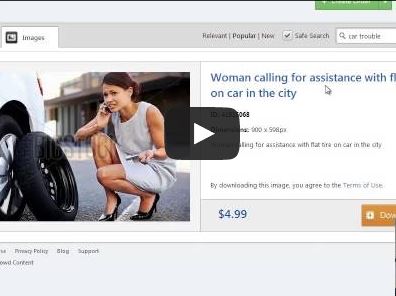
More than just a funny word, gobbledygook is a term used to define overly intellectualized or needlessly sophisticated content.
Often, it is a mistake made by new writers who are anxious to demonstrate their talent.
Although it may sound impressive to the author, it can be confounding to readers.
Who Are The Readers?
The best way to avoid overwriting is to know the audience. Using long words and complex sentences may be appropriate in a medical journal, but not in the everyday blog.
The reader is drawn to an article for its subject matter. Catchy lead ins and strong titles are intended to grab the readers attention.
Capture Attention
Development of the main idea, through a series of short sentences, will have a greater effect than using long words and complex segues.
Most readers are driven to an article because the subject is something that intrigues them. Finding the content to be overly academic and formal, will likely cause them to lose interest.
Know What to Say
Terminology is also important. Speaking to the audience in a language they can easily understand, makes the reading enjoyable. Content writers often choose subject matter they are familiar with and for good reason.
An auto mechanic may have a difficult time writing a blog post about frosting a birthday cake. However, this does not forbid writers from working outside of their comfort zone.
Know How to Say it
When a writer does decide to work outside of their niche, it is a good idea to make use of industry related articles and other relevant websites to gain a better understanding of the subject.
Reading articles pertinent to the topic, helps the writer get a 'feel' for the audience.
Make a Clear Statement.
Understanding the audience is important, but it is not the only way to avoid gobbledygook. Simple, clear language keeps the reader interested.
Developing the main idea quickly prevents the reader from becoming bored and logging off.
Keep Them Interested
Since the purpose of most content is to drive traffic to the web site, keeping the readers engaged is essential. Creating a reason for them to stay 'on page' is the next challenge.
After successfully capturing the reader's attention, creating easy-to-digest content, makes them happy they decided to visit the page.
Reap the Rewards
When formulating your next blog post or web site article, remember to put yourself in the readers seat. Identify how to clearly demonstrate the purpose of the article and avoid burying the topic under complicated wordiness.
In the end, your readers will be thankful you did.




